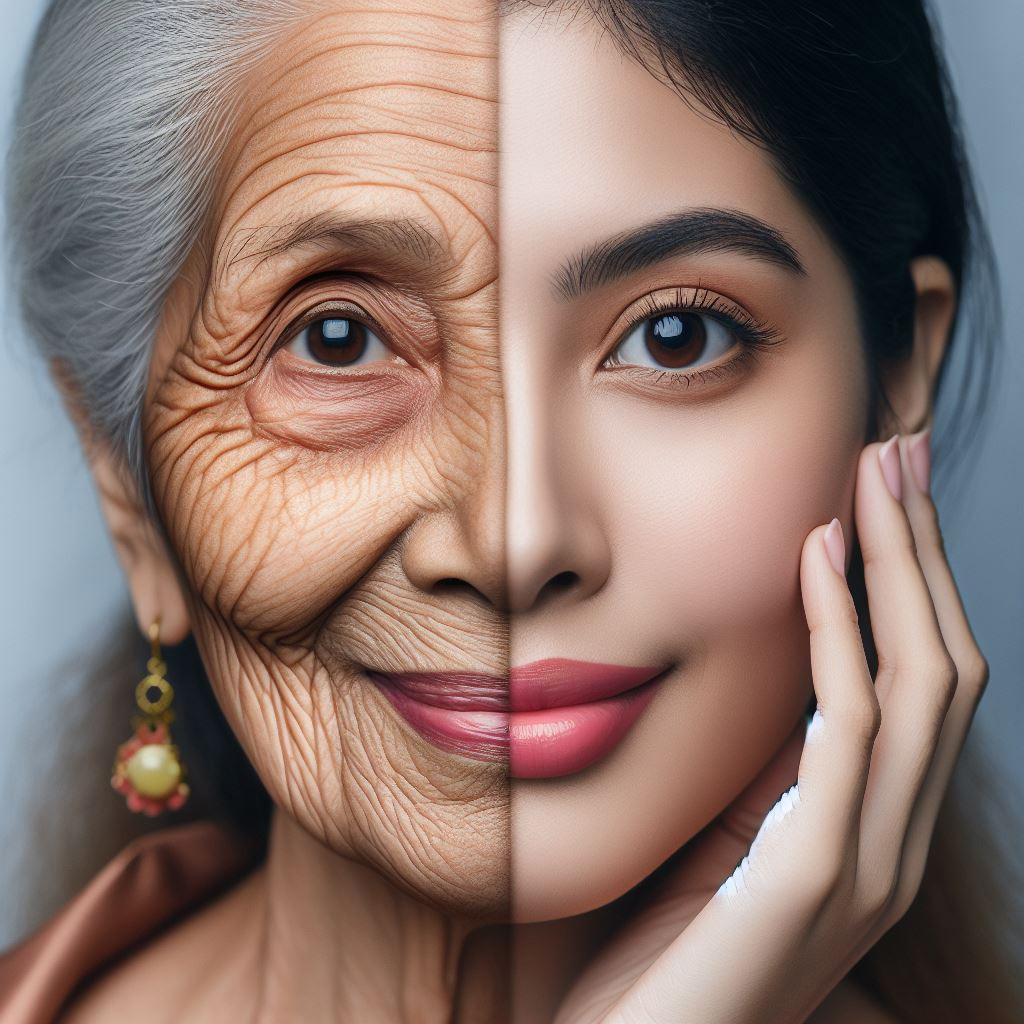Understanding Epidermal Growth Factors in Skincare: The Science, Applications, and Benefits

In the ever-evolving realm of skincare, one ingredient has been gaining significant attention for its remarkable effects on skin health and rejuvenation: Epidermal Growth Factors (EGFs). These potent molecules play a pivotal role in cellular growth, wound healing, and tissue repair. Understanding what EGFs are, how they are made, and their applications in skincare, particularly with the inclusion of Sh-oligopeptide-1, unveils a deeper appreciation for their role in promoting healthy, youthful skin.
What are Epidermal Growth Factors?
Epidermal Growth Factors are proteins naturally produced by various cells in the body, including fibroblasts, macrophages, and keratinocytes. They belong to the cytokine family and are instrumental in regulating cell proliferation, differentiation, and survival. In essence, EGFs act as signaling molecules that bind to specific receptors on the cell surface, initiating a cascade of biochemical events that ultimately influence cellular behavior.
EGFs are essential for maintaining the integrity and function of the skin. They play a crucial role in wound healing, helping to stimulate the proliferation of keratinocytes and fibroblasts, which are essential for the formation of new tissue and the repair of damaged skin.
Production of Epidermal Growth Factors
The production of Epidermal Growth Factors can occur through various methods, including recombinant DNA technology and biotechnological processes. One notable EGF commonly used in skincare formulations is Sh-oligopeptide-1, also known as Epidermal Growth Factor (EGF) or EGF-like peptides.
Sh-oligopeptide-1 is typically produced through recombinant DNA technology using bacterial or yeast expression systems. This process involves inserting the gene responsible for producing EGF into the DNA of host organisms, such as Escherichia coli bacteria or Saccharomyces cerevisiae yeast. These organisms then serve as factories for the production of Sh-oligopeptide-1, which is subsequently purified and incorporated into skincare formulations.
Applications in Skincare
In skincare, Epidermal Growth Factors, including Sh-oligopeptide-1, are incorporated into various formulations, including serums, creams, and masks. These products are designed to deliver EGFs directly to the skin, where they can exert their effects on cellular regeneration and repair.
EGFs work by binding to specific receptors on the surface of skin cells, triggering a series of events that promote cell proliferation, collagen synthesis, and overall skin renewal. By enhancing the skin’s natural repair mechanisms, EGFs can help improve the appearance of fine lines, wrinkles, and scars, while also promoting a smoother, more youthful complexion.
Effects on Skincare Prices
The inclusion of Epidermal Growth Factors, such as Sh-oligopeptide-1, in skincare formulations can significantly impact the price of these products. The production of EGFs using recombinant DNA technology involves sophisticated processes and quality control measures, which can contribute to higher manufacturing costs.
Additionally, the extensive research and clinical testing conducted to validate the efficacy and safety of EGF-based skincare products also add to their overall production expenses. As a result, skincare products containing EGFs may command a premium price compared to conventional formulations.
Benefits for the Skin
Clinical studies have demonstrated the numerous benefits of Epidermal Growth Factors for skin health and rejuvenation. Research has shown that EGFs can accelerate the healing of wounds and injuries, promote the regeneration of damaged skin tissue, and improve the overall texture and tone of the skin.
Furthermore, EGFs have been found to stimulate the production of collagen and elastin, two essential proteins that contribute to skin firmness, elasticity, and resilience. By enhancing the skin’s natural repair mechanisms, EGFs can help address common signs of aging, including fine lines, wrinkles, and sagging skin.
Clinical Evidence and References
Several studies have investigated the efficacy of Epidermal Growth Factors in skincare formulations, both in laboratory settings and clinical trials. These studies have demonstrated the ability of EGFs to promote wound healing, reduce inflammation, and enhance skin regeneration.
One notable clinical trial published in the Journal of Cosmetic Dermatology evaluated the effects of a skincare product containing EGFs on the healing of surgical wounds. The study found that the application of EGFs significantly accelerated the rate of wound closure and improved the overall cosmetic outcome compared to a control group.
Another study published in the Journal of Drugs in Dermatology examined the effects of EGFs on the treatment of acne scars. The researchers observed a significant improvement in the appearance of acne scars following the application of a skincare product containing EGFs, highlighting the potential of EGF-based therapies for addressing dermatological concerns.
Conclusion
Epidermal Growth Factors, including Sh-oligopeptide-1, represent a groundbreaking advancement in skincare science. Their ability to stimulate cellular regeneration, promote wound healing, and improve skin texture makes them valuable ingredients in skincare formulations. As research continues to uncover the therapeutic potential of EGFs, they are poised to revolutionize the way we approach skincare, offering new possibilities for achieving healthier, more youthful-looking skin.

